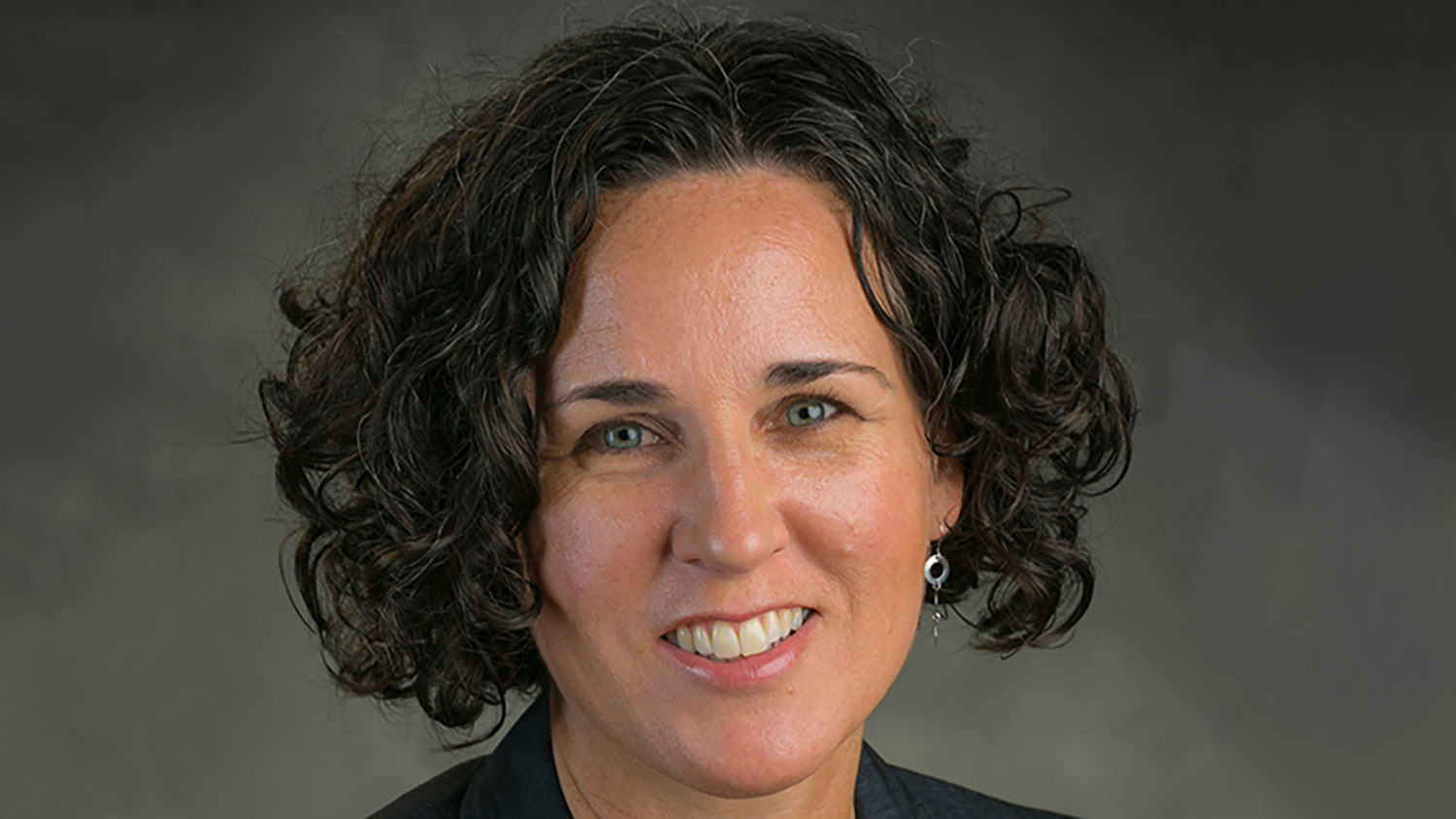Ask The Expert: Can I Discuss the Impeachment Inquiry in My Classroom?
Assistant Professor Paula McAvoy Shares Why Discussion is an Important Learning Tool

This is part of the new monthly “Ask the Expert” series in which College of Education faculty answer commonly asked questions about education.
Current events, such as the impeachment inquiry into President Donald Trump, can be a tricky subject for teachers to address in the classroom, but Paula McAvoy, Ph.D., assistant professor of social studies education at the NC State College of Education, believes educators shouldn’t shy away from discussing these events with students.
McAvoy, co-author of The Political Classroom: Evidence and Ethics in Democratic Education and a former high school social studies teacher, researches the relationship between democracies and public schools. Her work focuses on how teachers should bring controversial issues into the classroom, what students learn through discussions of those issues, and what ethical dilemmas teachers face when introducing sensitive political topics.
Although teachers may feel as though they are only operating with partial knowledge when discussing an unfolding event like the impeachment inquiry, McAvoy says there are multiple ways to connect the news with curriculum to create a teachable moment.
Government and history teachers, for example, can connect the inquiry to lessons about the Constitution, exploring with students the reasons why the framers chose to give Congress the ability to impeach a leader and how the process of checks and balances works. In addition to teaching historical contexts, educators could use the inquiry to teach students how to consume media and information during unfolding events and how to critically listen to what they’re hearing on the news and from elected officials.
“These are important opportunities that teach many civics lessons, including that in these moments, you need to pay attention,” she said. “I think to ignore that there’s a political world outside of the school is to not prepare students to enter life outside of school.”
McAvoy acknowledges that teachers will face some challenges when deciding to facilitate a classroom discussion about political issues. In addition to discussing the content in a way that is supported by administrators and parents, educators must ensure that they can keep the discussion balanced, without skewing toward a particular partisan view.
Even if teachers are able to accomplish that, they should prepare for students to ask about their political views, McAvoy said.
“In the research that I’ve done, students are naturally interested in this question. It doesn’t mean that we should always feed their curiosity, but it’s a question that teachers are going to be asked even if they don’t want to answer it,” she said. “It’s a moment of pedagogical judgment and teachers need to weigh a lot of competing issues.”
When deciding whether or not to share their political views, McAvoy said that teachers must weigh their relationship with students and consider what effect sharing that information will have on the student discussion. They must consider whether or not sharing their own political views will deepen or derail the discussion and think carefully about how they go about sharing the information.
“When we surveyed students about their views about teacher disclosure, students were open to teachers who share in a way that makes it clear that other opinions will be respected. They were not supportive of teachers who ‘push’ or ‘preach’ at students,” McAvoy said.
Despite the challenges, McAvoy’s research has shown that classroom discussions about political issues matter. In addition to preparing students for democratic life outside the classroom, these lessons teach students how to navigate productive discussions with people who do not necessarily share their point of view and keep students engaged in the content they are learning.
“In the research that I did with [co-author] Diana Hess for The Political Classroom, we found that when teachers engage students in open discussion about controversial issues, the students become more interested in that classroom,” she said. “They love hearing each other’s opinions, it makes the content more meaningful for them and they become aware that there are different and competing views.”
For teachers who want to try introducing a classroom discussion about the impeachment inquiry, or another sensitive topic, McAvoy said preparation is crucial. Students should be prepared to participate in discussions through assigned readings that have been vetted by educators, and teachers should develop a structure with prepared discussion questions for students to consider.
“I think a lot of people imagine that a good discussion happens when someone just throws out the question, ‘What do you think?’ and this naturally turns into some beautiful moment in the classroom. But that’s not how good discussions happen,” McAvoy said. “They happen when teachers have prepared the questions that are structured to the discussion and students know how and when to participate.”
This post was originally published in College of Education News.
- Categories:


